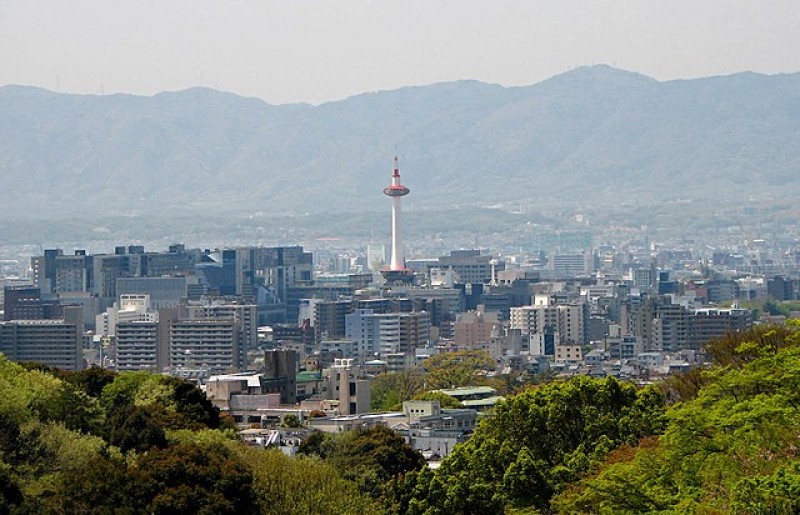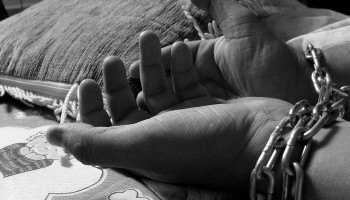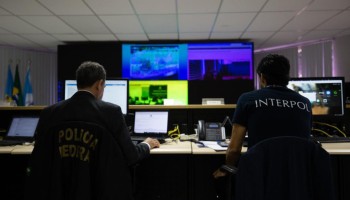The six-day-long event is hosting NGOs, academics, lawmakers and civil society both virtually and in-person to exchange ideas, research, and policy developments.
The congress adopted the Kyoto Declaration, which recognized growing trends in crime, particularly in the light of the pandemic, and committed to advancing crime prevention and international cooperation efforts.
“We express grave concern about the situation arising from the coronavirus disease (COVID-19) and its social and economic implications, which have created new opportunities for and transformed the modi operandi of criminals and organized criminal groups in different forms and to different extents, as well as posed challenges to criminal justice in multiple aspects,” the declaration said.
The UN Crime Congress had its first session in 1955 and had been held every five years, until the COVID-19 pandemic forced the congress originally scheduled for April of 2020 to be postponed. The impact of the coronavirus pandemic on crime and socio-economic stability highlighted challenges facing the international community in achieving sustainability goals.
“Make no mistake. We will not achieve the targets of the 2030 Agenda for Sustainable Development if we do not take action on the rule of law, crime prevention and criminal justice,” President of the UN General Assembly Volkin Bozkir said in a pre recorded statement for the opening of the congress.
“We cannot allow crime to derail us further. In this Decade of Action, we need to improve governance, strengthen the rule of law, and promote effective and accountable institutions of criminal justice,” he concluded.
Highlighted by a commitment to Sustainable Development Goals, UN News reported that Bozkir hoped certain issues would get extra attention at this year’s congress, such as environmental crimes, illegal wildlife trade, human trafficking and crime related to COVID-19.
The Kyoto Declaration describes taking a holistic approach by tackling the root causes of crime and addressing not only deterrence and punishment for crime but also rehabilitation efforts and prison reforms.
Crime has become increasingly organized and transnational, often involving elements of cybercrime, according to the declaration which said key strategies to preventing crime in the future would be transnational cooperation and anti corruption efforts.
The declaration also promised to consider crime through cultural and gender lenses, specifically mentioning gender-based killings and domestic violence which have both risen substantially during the pandemic. Other forms of crime center around the pandemic response itself.
“As our world suffers in this prolonged crisis, we are united in the urgency to protect people and leave no one behind. We are in a race against time, as organized crime has spared no efforts in taking advantage of the crisis, from selling falsified vaccines, to exploiting those who have lost their livelihoods, and diverting stimulus funds,” said Executive Director of the UN Office on Drugs and Crime Ghada Waly.





